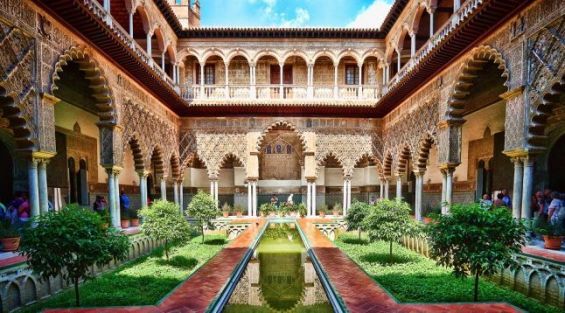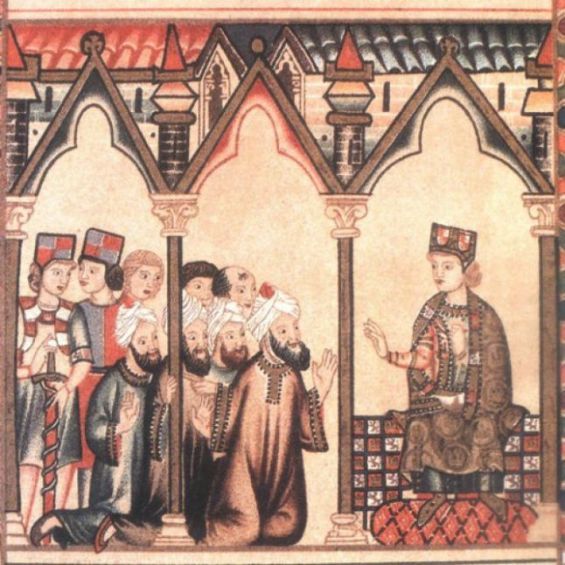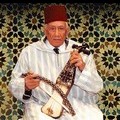When it was made public in December 2018, the project of Spanish researcher Mercedes Garcia-Arenal was described as «unprecedented» by Spanish media : Ten million euros allocated by the European Union to trace the history of Islam in Europe. Convinced that the «way in which a society treats its minorities says a lot about it», the researcher took the lead of this groundbreaking project in Spain to document the spread of the Quran in Christian territories.
Entitled «The European Quran», this project consists of a six-year investigation that aims at documenting the translations and interpretations of the Holy Book in Europe from the Middle Ages to the Age of Enlightenment. This project is also meant to discover to what extent this religious book influenced the cultural history of the West.
«One cannot help but feel that Islam has been present in Europe only since the Second World War», said Mercedes Garcia-Arenal, who intends to prove the opposite.
«Strong Muslim presence in the Iberian Peninsula has for sure left a footprint in Christian kingdoms. It is worth mentioning that Muslims were, during the Middle Ages, the vectors of a culture that was deemed superior to the one of the Christian West in general and to that of the Hispanic kingdoms in general», Spanish researcher Luis Teofilo Gil Cuadrado wrote in an article dedicated to the influence of Muslims on the Hispanic-Christian culture.
The outcome of a religious melting point
In 711 Arabs invaded Spain and found several political entities there until 1492, the year in which «Catholic Kings» reconquested Granada, which was controlled by the Nasrids, Cuadrado added. The eight centuries that Muslims spent there, however, left some of their heritage.
British writer Richard Ford, who traveled throughout Spain between 1830 and 1833, discovered part of it. He was one of the first people to compare Christian Spain to Muslim Spain. Spanish Arabist Julian Ribera (1858-1934) argued that medieval Christian Spain was widely influenced by the Islamic civilization.

But it is during the first half of the twentieth century that essayists, philosophers and historians got interested in answering questions related to the remains of Islamic culture in the Iberian Peninsula. Some of them realized that the Spanish culture was the outcome of the interaction between Muslims, Christians and Jews.
Argentine historian Reyna Pastor de Togneri stressed that contemporary scholars confirm «the profound Islamization of Spain (…) since the first half of the eighth century». To others, however, like historian Claudio Sanchez-Albornoz, not all this cultural contribution emanating from the Muslim presence would have changed the way of life of Christians in Spain.
Quran and Christian Spain
Historians believe that the first Latin translations of the Quran were published in the twelfth century. But they were mostly used by monks and Dominicans to argue against Islam. «They tried to indoctrinate Muslims and convert them (…) to convince them that the Quran contained lies and contradictions», Mercedes Garcia-Arenal said.
This is particularly the case of the French abbot Peter the Venerable, who tried to introduce Islam to Christians in Europe through a book that ridiculed the religion. In his book, he gave a false picture of Islam, going so far as to describe it as a «Christian heresy».





 chargement...
chargement...













